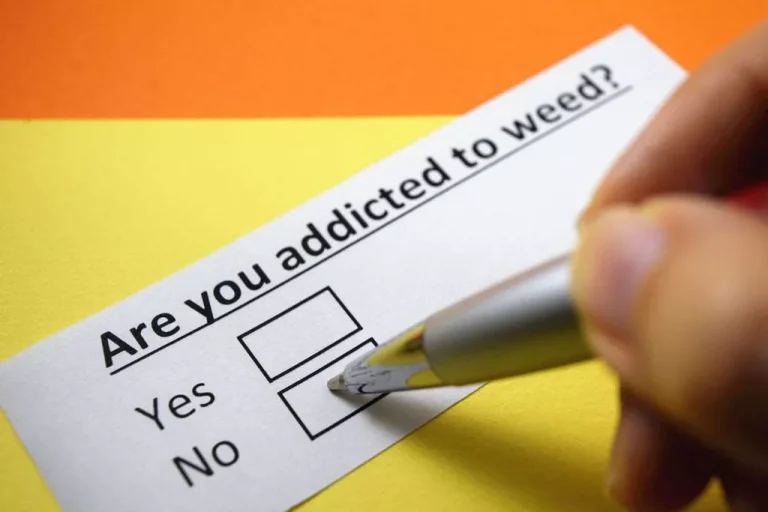This is why some people drink wine in the evening to ease out of a stressful day and prepare for bedtime. American Addiction Centers (AAC) is committed to delivering original, truthful, accurate, unbiased, and medically current information. We strive to create content that is clear, concise, and easy to understand. However, Prof. Bellis and colleagues warn that the relationship between what kind of alcohol we drink and how we end up feeling may not be causal, as this was only an observational study. Women were also more likely to report that any type of alcohol could elicit any of the feelings in the survey, bar aggression. Conversely, men tended to indicate more often that any type of alcohol boosted aggression.
Physical Dependence & Withdrawal
At this point, you may have alcohol cravings or drink to avoid the low feelings withdrawal causes rather than for the pleasurable feelings alcohol consumption may offer. Over time, your brain’s structure and function change, leading to tolerance, meaning you may require higher amounts of alcohol to achieve the desired effects. These brain changes contribute to the compulsive nature of addiction, making it difficult to abstain from alcohol. Alcohol is one of the leading causes of death in the United States, contributing to approximately 178,000 deaths annually. Over time, alcohol use takes a toll on your body and increases your risk of over 200 health conditions.
What Are Signs Of Alcoholism For Wine Drinkers?
It can also cause lower testosterone levels, reduce the sperm count, and reduce the fertility levels. Alcohol also inhibits folate by competitive inhibition, leading to higher rates of colorectal cancer. Finally, it causes the blood levels of sex hormones to rise, causing breast cancer. Smoking is a cocarcinogen that increases the cancer-inducing properties of alcohol especially for cancers of the upper airway and digestive tract.
What are the potential risks associated with excessive wine consumption?
- If your pattern of drinking results in repeated significant distress and problems functioning in your daily life, you likely have alcohol use disorder.
- There is some evidence to suggest that drinking wine in moderation can have positive effects on cognitive function.
- From damaging vital organs to impairing brain function and jeopardizing relationships, the negative consequences of excessive alcohol use are far-reaching.
Wine addiction is a type of physical and psychological dependence on wine. People addicted to wine may find that they are unable to stop drinking even when they want to, and may experience withdrawal symptoms when they try to quit. Moreover, binge drinking wine on a daily basis can increase your risk for certain health conditions and safety risks. However, drinking alcohol every day can be a sign of alcohol use disorder (AUD), or lead to other health problems, especially if you’re drinking more than a single glass of wine every night. Moderate drinking is defined as at most one standard drink per day for women and at most two for men, while heavy drinking is defined as more than three drinks per day for women and four for men (80). In fact, your overall diabetes risk tends to drop with moderate alcohol consumption.
«Wines are manipulated for multiple reasons, and not all of them bad,» Stewart says. «However, I do have a problem with herbicides and pesticides, like Roundup, found in some wines.» Loper and Stewart explained that additives run the gamut—but not all of them should be a cause for concern.
A standard drink is equivalent to a 5-ounce glass of wine that contains 12 percent alcohol by volume (ABV). Drinking a glass of wine at night with dinner, or after a long day at work, is not necessarily a drinking problem. Recommendations for alcohol intake are usually based on the number of standard drinks per day. That said, consuming high amounts does not provide greater health benefits. Heavy drinking causes health problems — regardless of the type of beverage.
- The easiest way to see if your wine habit has turned into a problem?
- Alcohol in moderate doses can also enrich one’s life spent together with others.
- Someone who is drinking is likely to eat more and gets excess calories from the alcohol.
- The main psychoactive ingredient in alcoholic beverages is ethanol.
- The researchers analyzed the responses of 29,836 study participants between 18 and 34 years of age, from 21 countries.
- It is important to recognize the signs of wine addiction and to seek treatment if you or someone you know is struggling with an addiction to wine.
The researchers analyzed the responses of 29,836 study participants between 18 and 34 years of age, from 21 countries. These respondents reported drinking all the types of alcohol named in the survey over the past 12 months, and they gave the most complete responses to the questionnaire. In their study, Prof. Bellis and team used anonymized data from the Global Drug Survey, which is the largest online survey addressing alcohol consumption and illicit drug use among adults worldwide.
Although the awareness of time diminished, in retrospect time was felt as passing more slowly. This probably is due to the retrospective judgment of the previous time interval as having been a pleasant time with many distinct experiences remembered. When looking back, a slower passage of time is experienced when we have more vivid and changing memories of an event. Participants in our study were also more absorbed in the present moment. An increased openness to present experience likewise increases memory load in retrospect, which, in turn, evokes the feeling of a slower passage of time.
Question 5: What is the Difference between Alcohol Abuse and Alcohol Addiction?
People with wine addiction may experience physical and psychological symptoms when they try to quit drinking. These may include cravings for wine, anxiety, irritability, difficulty https://ecosoberhouse.com/ sleeping, and depression. The term “wine addiction” is often used interchangeably with “alcoholism”, which is a more general term for addiction to any type of alcoholic beverage.
Is Alcohol A Inflammatory?
- Just like how your favorite local bakery’s loaf of sourdough could taste completely different than the sourdough you’ll find on a trip to San Francisco, such is the same with natural wine.
- At an inpatient program, you’ll receive 24/7 care and monitoring from healthcare professionals.
- Ethanol reduces communication between brain cells — a short-term effect responsible for many of the symptoms of being drunk.
A standard bottle of wine contains 750 ml, which is about 25 ounces of alcohol. In the United States, a standard glass of wine is about 5 ounces. However, this number can vary across different brands is wine addictive and types of wine. To recover from wine addiction, most people will need to quit wine altogether. For women, more than three drinks on any day or more than seven drinks a week is heavy drinking.





